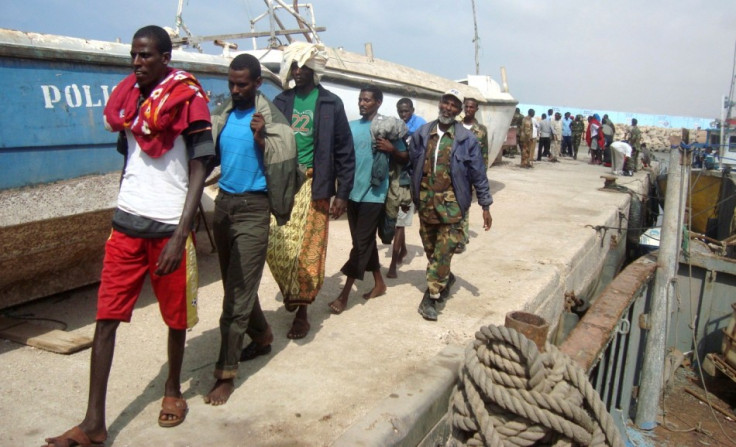Piracy In Somalia: A Response to the West's Mercenary Attitude?

Following the attack on a British couple who were holidaying in Lamu, Kenya, in the luxury resort called Kiwayu Safari Village, the piracy problem has come back on the international agenda.
Mr and Mrs Tetbutt had just arrived on the islands when a group of gunmen assaulted them, killing Mr Tetbutt and abducting his wife. Her whereabouts are unknown.
Kenyan officials have blamed several groups for the incident, from Somali pirates to al-Qaida inspired al-Shabaab.
Kenya officials say the raid bears the hallmarks of Somali pirates, and sources say authorites are now concentrating their search for leads on the areas near the border with the lawless state.
"So far we are treating it as a bandit attack," said Police Commissioner Matthew Iteere, "We've not received any hint pointing at a terror group."
With more and more attacks in the last five years, piracy has become a real security problem in the Horn of Africa and cannot be ignored. Throughout the years pirates have become more aggressive and more assertive, threatening tourists and Western shipping but also local populations.
Last year alone pirates took 1,181 people hostage off the Somali coast, and while half were released after the payment of ransoms, a few died of abuse or neglect while many are still in captivity. As the number of attacks increase so did the prices of ransoms which last year climaxed to $238 milion.
Piracy has also been affecting food aid delivery for years, despite rights groups claiming it seems piracy only becomes important when people are abducted or killed. Too little has been done by the African Union and the United Nations to prevent piracy from spreading.
While some analysts see instability in Somalia as a root cause for the piracy, others insist it is instead linked to the mercenary behaviour adopted for years by many trading and shipping western boats in the region.
Since dictator Siad Barre was ousted in 1991, Somalia has struggled to find stability, with Islamic groups fighting Western-backed governments. For the past few years al-Shabaab, a militant Islamic group, has controlled parts of southern Somalia, preventing aid from reaching the regions they control and fighting the poorly coordinated government forces. While a façade of a government struggles to provide its people with minimal security, criminals have been left to set up their own networks and the large sums acquired through ransoms make piracy attractive.
For Nuruddin Farah, author of "Crossbones," most Somali pirates are far from living the high life and piracy in Somali started "as a response to illicit plunder of the country's sea resources by ships owned in Europe and Asia, but flying foreign flags of all sorts. The ships would arrive in Somali waters armed for battle, with speed boats, and they would employ fishing methods banned elsewhere, at times dumping nuclear, chemical and other wastes, and at times shooting at the Somalis fishing in the same area."
Farah also cites a Somali explaining the root causes of the piracy as saying "Tell them that the origin of piracy in Somalia is but a knee-jerk response to the world's criminal behaviour: What with many European countries dumping their chemical and other wastes on our shores; the American drones bombing with immunity, whenever they please; the Arabs messing about with our lives, and what with the Ethiopians and the Eritreans fighting their proxy wars on our land! Just tell them to leave us be!"
© Copyright IBTimes 2024. All rights reserved.





